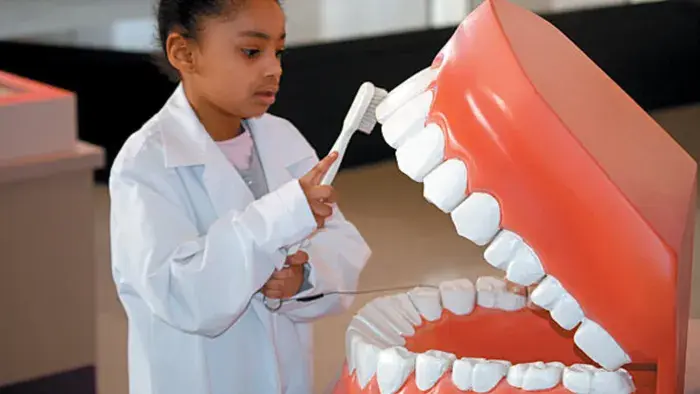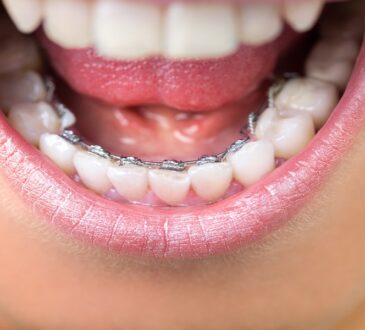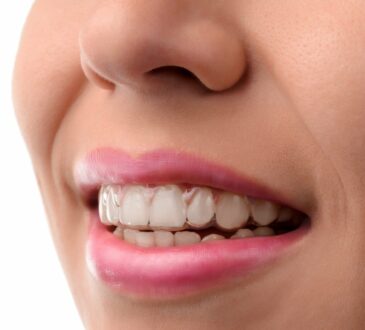
Introduction
Speech and oral health are closely connected. The way a person talks, pronounces words, and expresses themselves depends greatly on the health and structure of their mouth, teeth, tongue, and jaw. Understanding factors such as Invisalign cost can also be important, as orthodontic treatments contribute to both dental alignment and speech improvement. From early childhood to adulthood, oral health plays a major role in the development of clear and confident speech.
The Role of Oral Structures in Speech
Speech is produced through the coordination of several parts of the mouth, such as the lips, tongue, teeth, and soft palate. These structures work together to create sounds. For example, the tongue helps form sounds like “t,” “d,” and “l,” while the lips help make sounds like “p,” “b,” and “m.” If any of these parts are damaged, missing, or poorly developed, speech clarity can be affected.
For instance, missing front teeth can make it difficult to pronounce “s” or “z” sounds properly. Similarly, problems in jaw alignment or tongue movement can cause slurred or unclear speech. This illustrates the importance of oral health for effective communication.
Early Development and Speech Formation
During early childhood, speech development depends heavily on oral growth. Children learn to control their mouth muscles as they begin to talk. Dental issues such as cavities, misaligned teeth, or prolonged thumb-sucking can affect the development of their mouth, which may lead to speech problems later.
Conditions like tongue-tie (where the tongue is attached too tightly to the bottom of the mouth) can also make it hard to pronounce certain words. Oral Health Problems Affecting Speech.
Regular dental checkups and speech assessments help identify these issues early and promote healthy oral and speech development. Poor oral hygiene can lead to infections, tooth decay, and gum disease, all of which can interfere with speech. Pain or swelling in the mouth can make it hard to move the tongue or lips freely, leading to unclear speech. Tooth loss or ill-fitting dental devices such as braces or dentures can alter airflow during speech, leading to pronunciation problems.
In children, untreated dental problems may cause them to avoid speaking or socialising due to embarrassment about their appearance or speech difficulties. This can affect their confidence and communication skills.
The Importance of Dental Care and Speech Therapy
Maintaining good oral hygiene is not only essential for health but also for clear speech. Brushing, flossing, and visiting the dentist regularly help maintain a healthy mouth. In some cases, speech therapy is recommended along with dental treatment to help individuals learn how to pronounce sounds correctly after dental corrections or surgeries.
Conclusion
Speech and oral health are closely connected. A healthy mouth provides the foundation for clear communication, while speech development encourages proper use of oral muscles. Taking care of oral health from a young age can prevent many speech-related issues. Parents, dentists, and speech therapists should collaborate to nurture children’s oral health and speech skills, ensuring a confident and healthy future.




